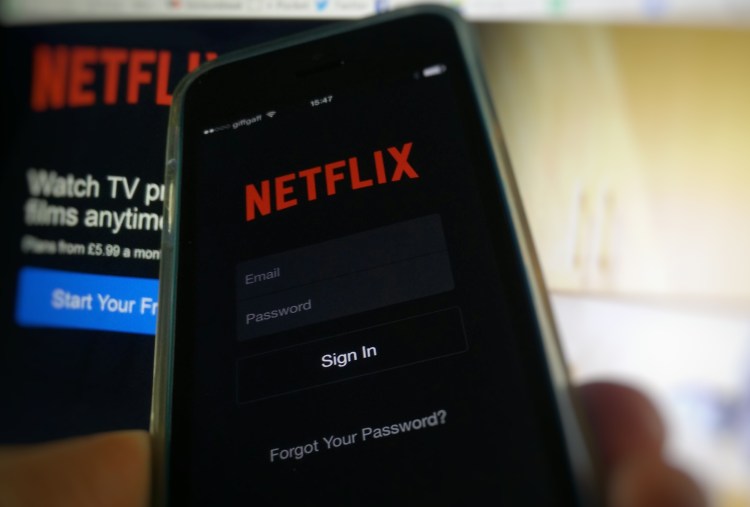Netflix’s growth over the past 15 months has been impressive to watch. Its arrival on the global scene last January with 130 new markets was swiftly followed by a massive $1 billion financing initiative for new content, a much-requested offline mode, and another $1 billion financing initiative earlier this week to spearhead its push to dominate the video-streaming market globally.
Netflix is now gearing up to hit 100 million subscribers in 2017, but there remains one huge elephant in the room in terms of its international aspirations: China.
China is a notoriously tricky market for Western technology companies, with the likes of Google more or less banned across the board. Netflix hasn’t found it any easier, and China remains conspicuously absent from its list of launch markets, though Netflix has found some success in the past through licensing its own shows to existing platforms in China. Netflix’s House of Cards proved something of a success when local player Sohu bought the rights a few years back, but it was later pulled by regulators. And Netflix also brought the Crouching Tiger, Hidden Dragon sequel, Sword of Destiny, to Chinese movie theaters last year, where it reportedly performed rather well.
Netflix still doesn’t hold out much hope of launching its service in China in the immediate future, but it has just signed another deal with Baidu subsidiary iQiyi, an ad-supported video platform founded in 2010 that streams a range of licensed and original TV shows and movies to Chinese viewers. iQiyi is also in the midst of switching to a subscription-based model, similar to Netflix’s.
June 5th: The AI Audit in NYC
Join us next week in NYC to engage with top executive leaders, delving into strategies for auditing AI models to ensure fairness, optimal performance, and ethical compliance across diverse organizations. Secure your attendance for this exclusive invite-only event.
First reported by the Hollywood Reporter earlier this week, the deal will see a slew of Netflix original shows arrive on iQiyi, though the company has remained tight-lipped about which shows will be given airtime in China. The likes of House of Cards will probably remain off the agenda due to its political theme, but Netflix has now confirmed two shows that will definitely be arriving for Chinese viewers: the excellent Stranger Things and Black Mirror. This represents a milestone moment for Netflix, as it gives the company room to maneuver and garner mindshare in what could prove a hugely lucrative market. It also goes some way toward justifying the significant investment Netflix is making in original content — as the rightsholder to so many movies and shows, it holds sway over where its content is broadcast. That’s usually on the Netflix platform itself, but when it comes to China, where it’s banned, this means selling its shows, similar to how a traditional production company would sell programming to TV networks.
But while the iQiyi deal represents a positive step forward for Netflix, the company isn’t getting its hopes up that this will somehow magically open doors to launching its streaming service in China. Netflix calls its expectations from the deal “modest,” but says it’s nonetheless “delighted that consumers will be able to enjoy these highly popular series on iQIYI,” according to a statement issued by the company. “Our cooperation will be subject to the relevant regulations on online streaming of imported drama and film content in China,” it added.
China’s tight regulatory hurdles will likely mean Netflix won’t be bringing its service to market there anytime soon. Even heavily funded companies such as Uber, which was able to launch in China, finally had to unfurl the white flag and merge with a local player. When the mighty Amazon finally launched its own Prime Video service globally back in December, China was missing from the list. Plus, Alibaba-backed Tencent Video and Youku Tudou are already huge in China, so if there ever was to be a concerted effort to get more Netflix content into China, it will almost certainly be through licensing programs to existing companies.
Netflix shares have been riding on the crest of a wave, recently hitting an all-time high of $148, though the price dropped when the company missed its new subscriber target by 250,000. Hot on the heels of Netflix announcing its China licensing deal, however, the company’s shares broke the $153 barrier for the first time, achieving a new all-time high.

